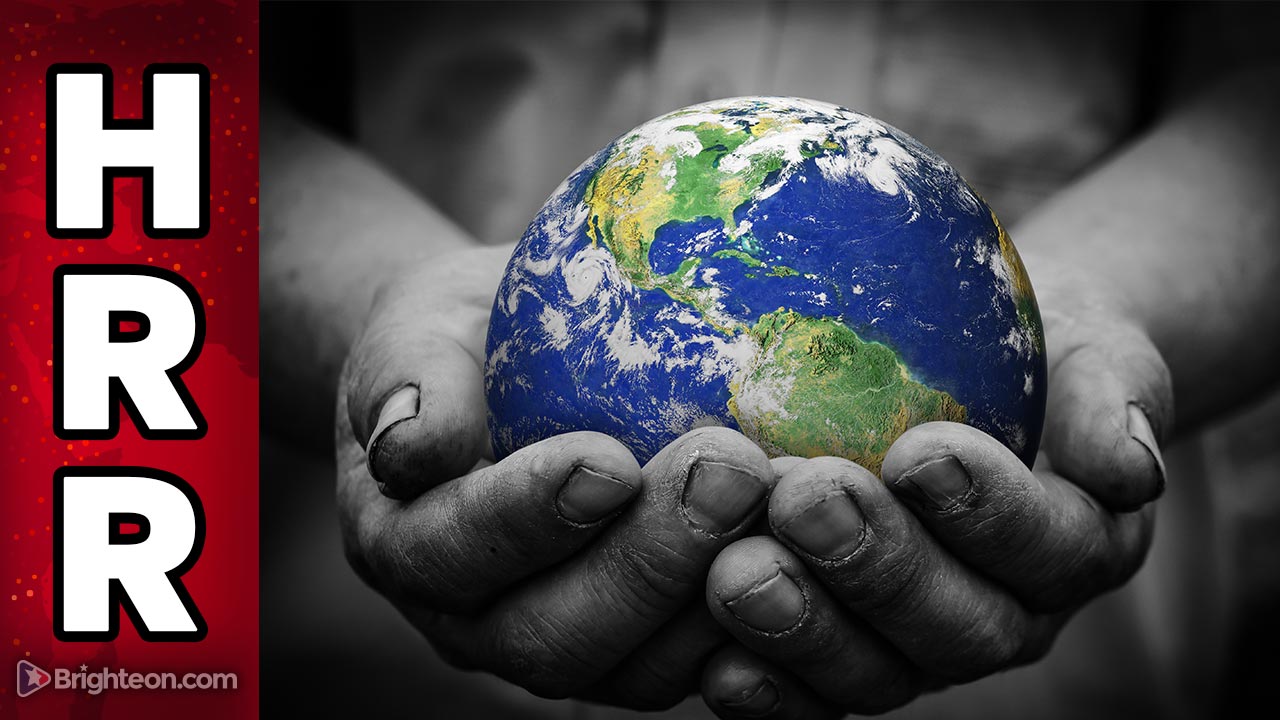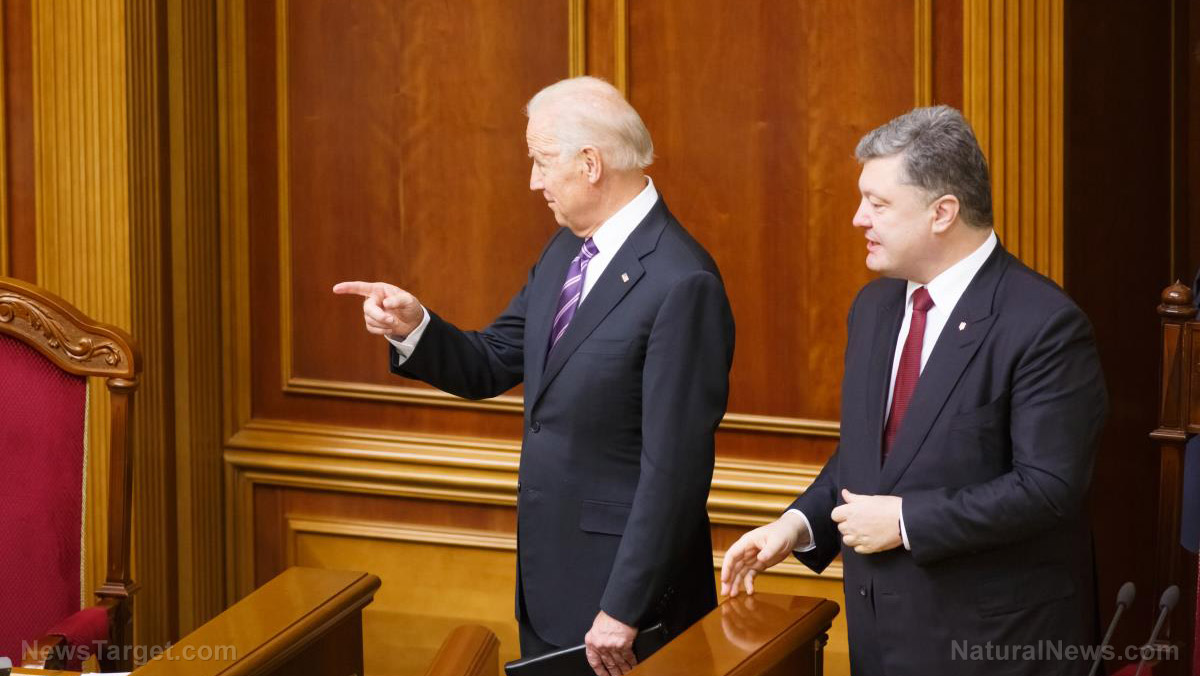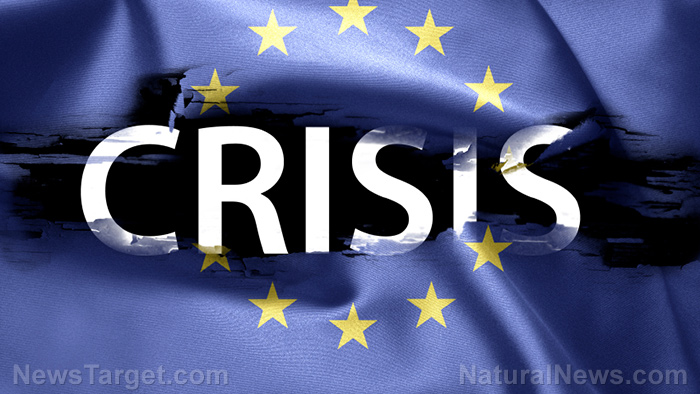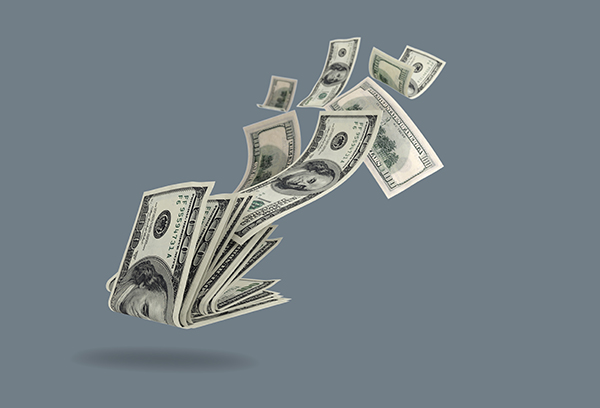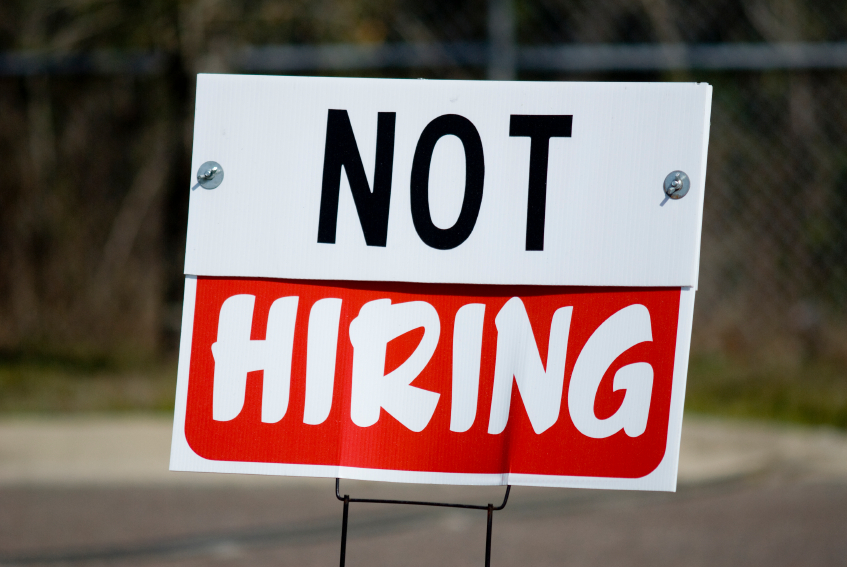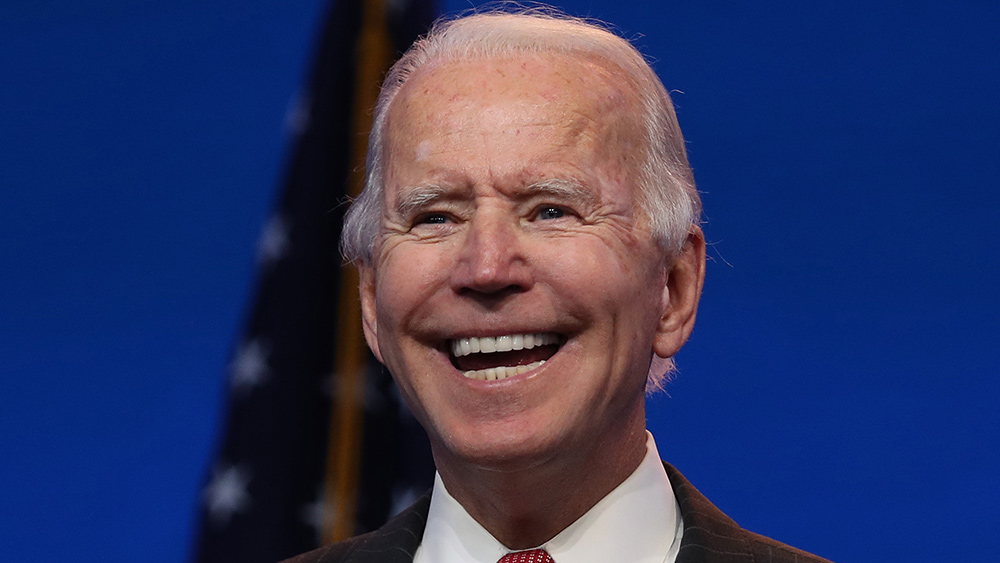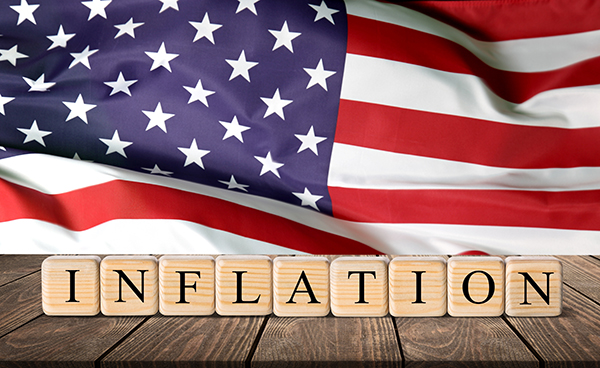Russia’s current-account surplus triples, but GDP is dropping
08/15/2022 / By Cassie B.
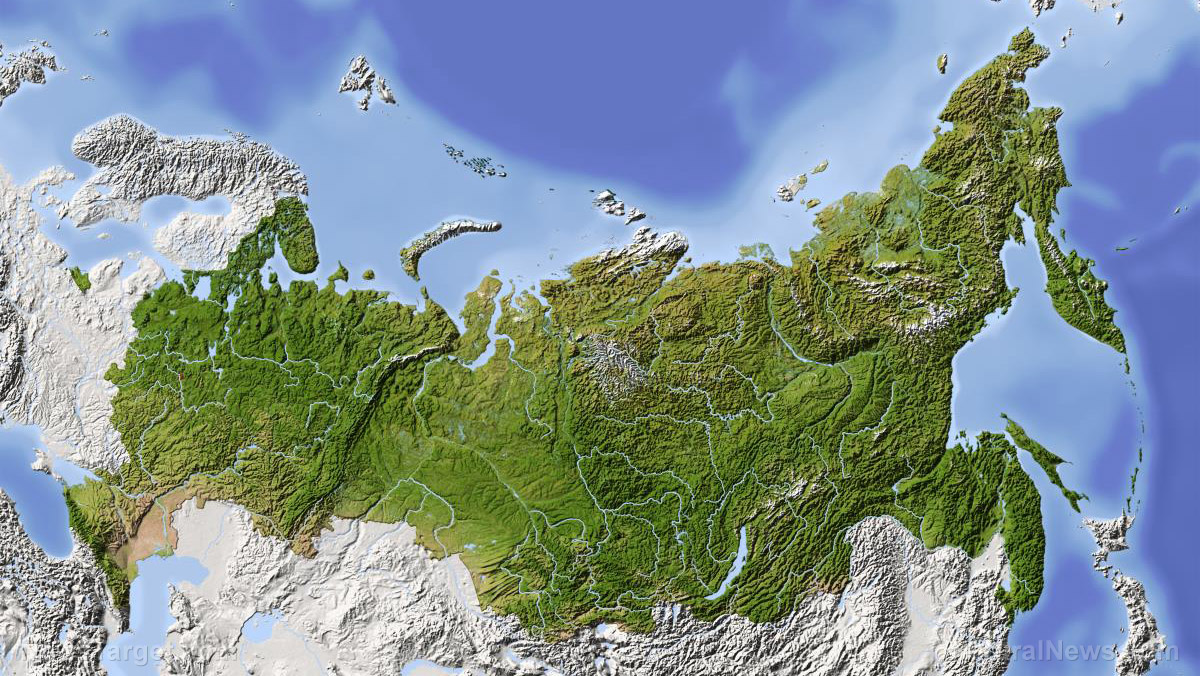
Russia’s current-account surplus has more than tripled over last year after hitting record levels during the Ukraine invasion.
The current-account surplus, which refers to the positive current account balances a country possesses, is considered the broadest measurement of investment and trade flows as it indicates they have more exports than imports of goods and services. This year’s figure for Russia for the period from January to July of $167 billion is more than three times the $50 billion recorded during the same time period a year earlier.
This is according to a preliminary estimate published by the Bank of Russia. The rise is being largely attributed to skyrocketing energy revenues, which Moscow relies on heavily. High prices have helped energy revenues even as Putin’s war on Ukraine has prompted many Western companies and governments to give Russia the cold shoulder.
Sanctions have caused imports to collapse, contributing to the soaring current-account surplus. Nevertheless, imports from China, a key ally of Russia who has not punished the country for its invasion of Ukraine, recently started approaching pre-invasion levels. In July, Chinese goods imported climbed 20 percent to reach $6.7 billion.
The central bank noted, however, that the current-account surplus is expected to shrink noticeably during the second half of the year as economic contraction gains pace.
War has sent Russia’s economy back to 2018, expert notes
Bloomberg Economics reports that the war in Ukraine has sent the Russian economy back to 2018, with its GDP likely dropping 4.7 percent on-year during the second quarter of this year, marking its first contraction in a year. The second quarter, which runs from April to June, was the first full quarter since Putin’s ongoing invasion of Ukraine began on February 24.
Bloomberg Economics Russia Economist Alexander Isakov noted that the Russian economy likely “shed four years of growth, returning to its 2018 size in the second quarter.” In 2018, the Russian economy was worth $1.66 trillion; the figure for 2021 was $1.78 trillion, according to data from the World Bank.
This is a sharp turnaround from the first quarter of 2022, when the Russian economy grew by 3.5 percent. Nevertheless, the contraction seen during the second quarter was significantly less than expected, with analysts polled by Bloomberg from March to July predicting a contraction of around 9 to 10 percent.
Isakov noted: “We expect the contraction to slow into the fourth quarter with looser monetary policy supporting demand.”
Although Russia’s economy does appear to have held up better than anticipated in light of sweeping sanctions, a recent report from Yale University accused the Kremlin of cherry-picking economic data to make the country’s outlook appear more favorable. At the same time, programs aimed at preserving jobs and supporting the ruble have helped soften the blow of trade restrictions.
Another factor is a global supply squeeze on energy that is raising prices. According to a report by the International Energy Agency (IEA), Russia is still producing considerably more oil this year than expected, with July’s production outpacing that of May and June.
At the same time, the Kremlin is looking for alternative markets for Russian energy products as traditional European Union buyers are poised to ban crude oil imports starting at the end of this year and have already banned coal imports from Russia. Italy and Germany are also trying to move away from their reliance on Russian natural gas. The EU embargo could push Russian crude oil production down by as much as 20 percent next year, according to the IEA, while Isakov predicts the Russian economy will shrink two percentage points further next year as a result of the ban.
Sources for this article include:
Submit a correction >>
Tagged Under:
big government, Bubble, chaos, Collapse, debt collapse, economic collapse, economy, energy supply, fuel supply, GDP, market crash, money supply, risk, Russia, sanctions, supply chain, World War III
This article may contain statements that reflect the opinion of the author
RECENT NEWS & ARTICLES
COPYRIGHT © 2018 MONEYSUPPLY.NEWS
All content posted on this site is protected under Free Speech. MoneySupply.news is not responsible for content written by contributing authors. The information on this site is provided for educational and entertainment purposes only. It is not intended as a substitute for professional advice of any kind. MoneySupply.news assumes no responsibility for the use or misuse of this material. All trademarks, registered trademarks and service marks mentioned on this site are the property of their respective owners.


